- State Board
-
12th Standard
-

Biology
-

Computer Applications
-

Computer Science
-
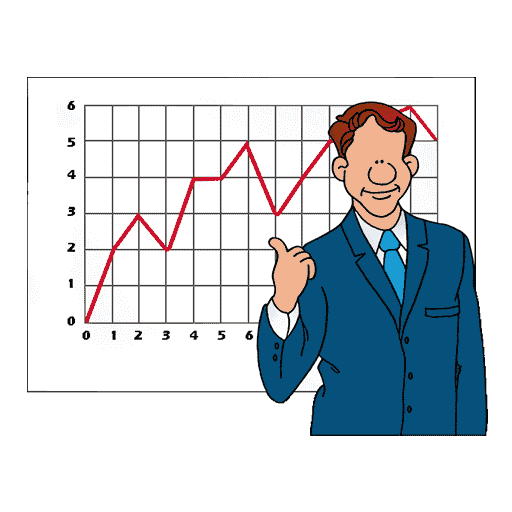
Business Maths and Statistics
-

Commerce
-

Economics
-

Maths
-

Chemistry
-

Physics
-

Computer Technology
-

History
-

Accountancy
-

Tamil
-

Maths
-

Chemistry
-

Physics
-

Biology
-

Computer Science
-

Business Maths and Statistics
-

Economics
-

Commerce
-

Accountancy
-

History
-

Computer Applications
-

Computer Technology
-

English
12th Standard stateboard question papers & Study material
தமிழ் Subjects
English Subjects
-
-
11th Standard
-

Maths
-

Biology
-
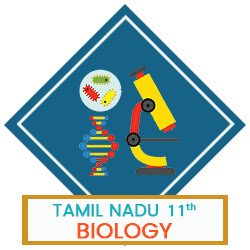
உயிரியல் - தாவரவியல்
-

Economics
-

Physics
-

Chemistry
-

History
-

Business Maths and Statistics
-
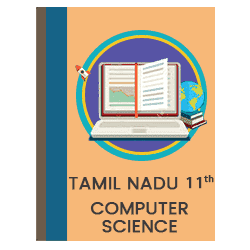
Computer Science
-

Accountancy
-

Commerce
-

Computer Applications
-

Computer Technology
-

Tamil
-

Maths
-

Commerce
-

Economics
-

Biology
-

Business Maths and Statistics
-

Accountancy
-

Computer Science
-

Physics
-

Chemistry
-

Computer Applications
-

History
-

Computer Technology
-

Tamil
-

English
11th Standard stateboard question papers & Study material
தமிழ் Subjects
English Subjects
-
-
9th Standard
-

-

-

-

-

-

-

Maths
-

Science
-

Social Science
-

Maths
-

Science
-

Social Science
9th Standard stateboard question papers & Study material
தமிழ் Subjects
English Subjects
-
-
6th Standard
-

Maths
-

Science
-

Social Science
-

Maths
-

Science
-

Social Science
6th Standard stateboard question papers & Study material
தமிழ் Subjects
English Subjects
-
-
10th Standard
-

Maths
-

Science
-

Social Science
-

Tamil
-

Maths
-

Science
-

Social Science
-

English
-

English
10th Standard stateboard question papers & Study material
தமிழ் Subjects
English Subjects
-
-
7th Standard
-

Maths
-

Science
-

Maths
-

Science
-

Social Science
7th Standard stateboard question papers & Study material
தமிழ் Subjects
English Subjects
-
-
8th Standard
-

கணிதம் - old
-

Science
-

Social Science
-

கணிதம்
-

Maths
-

Science
-

Social Science
8th Standard stateboard question papers & Study material
தமிழ் Subjects
English Subjects
-
-
12th Standard
- CBSE Board
-
12th Standard CBSE
-

Biology
-

Physics
-

Chemistry
-

Maths
-

Accountancy
-
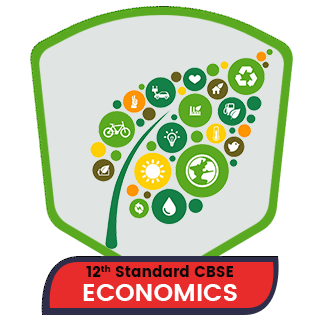
Introductory Micro and Macroeconomics
-

Business Studies
-

Economics
-

Computer Science
-

Geography
-

English
-

History
-
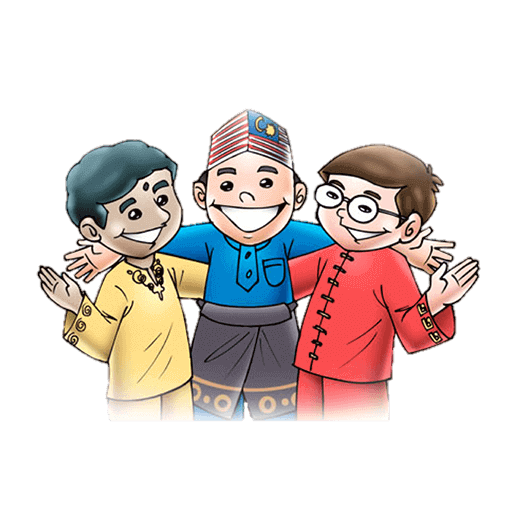
Indian Society
-

Physical Education
-

Sociology
-

Tamil
-

Bio Technology
-

Engineering Graphics
-

Entrepreneurship
-

Hindi Core
-

Hindi Elective
-

Home Science
-
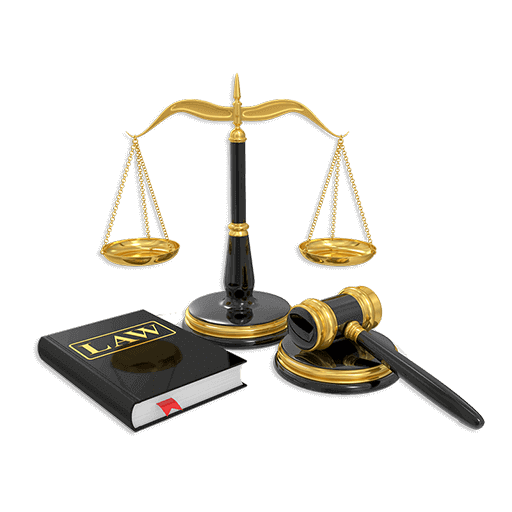
Legal Studies
-

Political Science
-

Psychology
12th Standard CBSE Subject Question Paper & Study Material
-
-
11th Standard CBSE
-

Mathematics
-

Chemistry
-

Biology
-

Physics
-

Business Studies
-

Accountancy
-

Economics
-

Computer Science
-

Bio Technology
-

English
-

Enterprenership
-

Geography
-

Hindi
-

History
-

Home Science
-

Physical Education
-

Political Science
-

Psychology
-

Sociology
-

Applied Mathematics
11th Standard CBSE Subject Question Paper & Study Material
-
- 10th Standard CBSE
-
9th Standard CBSE
-

Mathematics
-
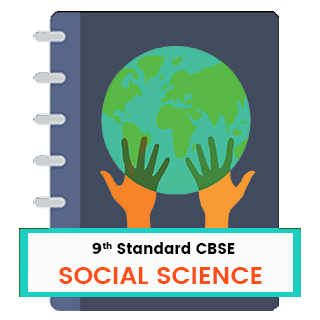
Social Science
-

Science
-

English
-

Hindi
9th Standard CBSE Subject Question Paper & Study Material
-
-
8th Standard CBSE
-

Science
-

Social Science
-

Mathematics
-

English
8th Standard CBSE Subject Question Paper & Study Material
-
-
7th Standard CBSE
-

Mathematics
-

Science
-

Social Science
-

English
7th Standard CBSE Subject Question Paper & Study Material
-
-
6th Standard CBSE
-

Mathematics
-

Science
-

Social Science
-

English
6th Standard CBSE Subject Question Paper & Study Material
-
-
12th Standard CBSE
- Free Online Test
- News
- Study Materials
-
Students
-
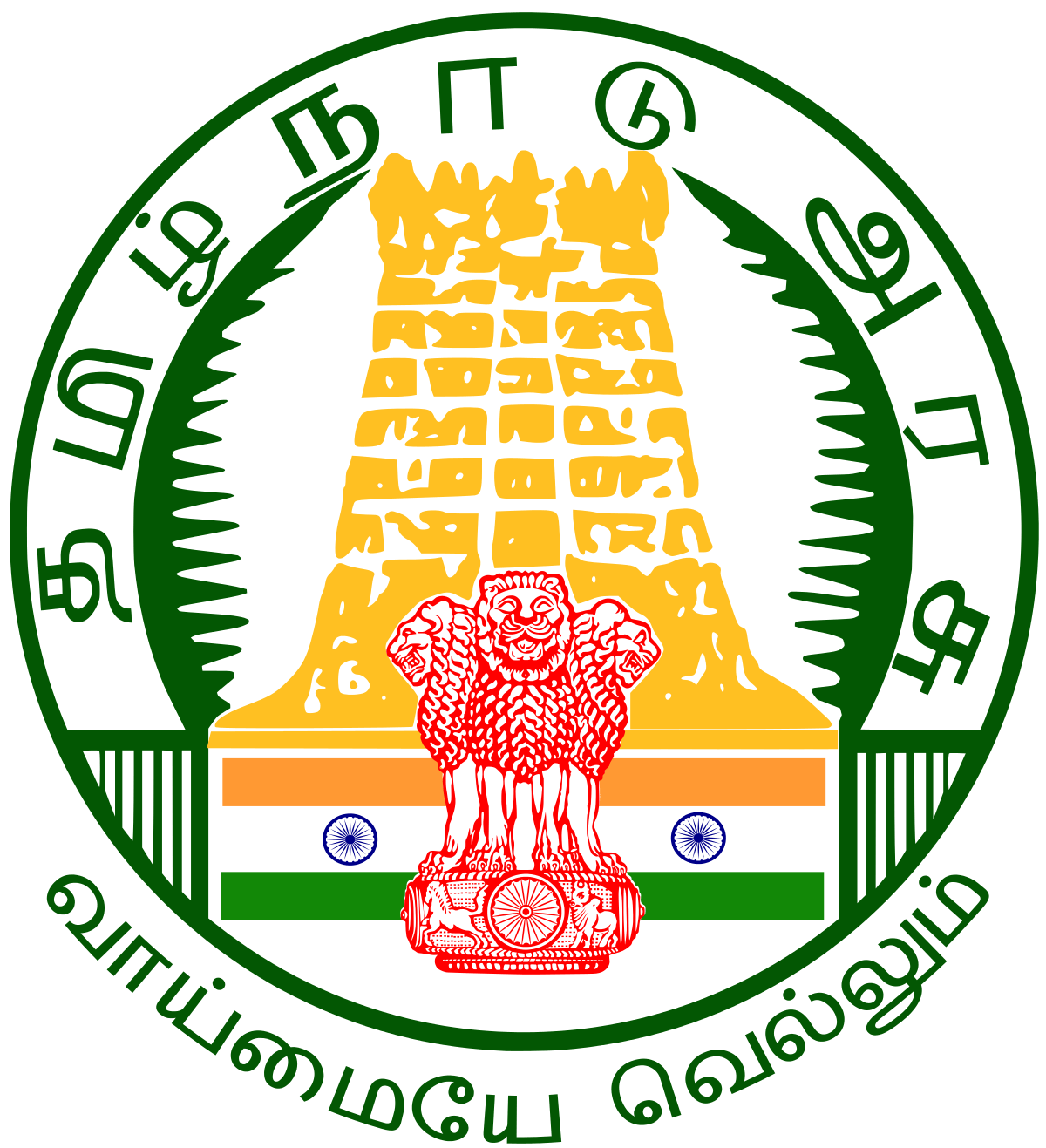
Stateboard Tamil Nadu
-

CBSE Board
-

Free Online Tests
-

Educational News
-

Scholarships
-

Entrance Exams India
-

Video Materials
Study Materials , News and Scholarships
-
-
Students

12th Standard History English Medium Important 1 Mark Book Back Questions (New Syllabus) 2020 Question Bank Software Aug-26 , 2020
12th Standard History English Medium Important 1 Mark Book Back Questions (New Syllabus) 2020
Important 1 Mark Book Back Questions (New Syllabus) 2020
12th Standard
-
Reg.No. :
History
Time :
00:30:00 Hrs
Total Marks :
32
-
Find the odd one.
(a)William Jones
(b)Charles Wilkins
(c)Max Muller
(d)Aurobindo Ghose
-
Assertion: The British Government pursued a policy of free trade (or) laissez fair.
Reason: India had comparative advantage from England's free trade policy.(a)A is correct but R does not explain A
(b)A is correct and R explains A
(c)A is correct and R is incorrect
(d)Both A and R are wrong
-
Match List I and List II and select answer with the help of the codes given below.
List I List II A. Indian Press Act 1910 1. Self-rule B. Dawn Society 2. a revolt against their state of dependence C. Swaraj 3. crushed the nationalistic activities D. Swadeshi 4. The National Council of education (a)A B C D 3 1 4 2 (b)A B C D 1 2 3 4 (c)A B C D 3 4 1 2 (d)A B C D 1 2 4 3 -
Which of the following statement is not true about Subramania Bharati?
(a)Bharati was the sub-editor of Swadesamitran
(b)He translated Tilak’s Tenets of the New Party into Tamil
(c)Bharati’s Gurumani was Swami Vivekananda
(d)He was editor of a woman’s magazine byname Chakravartini
-
The Lucknow session of 1916 is noted for
(a)Resurgence of Muslim League
(b)Temporary merger of Muslims League into Congress
(c)Congress’ acceptance of League’s demand for separate electorates for Muslims
(d)Jinnah’s negative role in the joint-session of the League and the Congress
-
The author of the book Indian Unrest was
(a)Lala Lajpat Rai
(b)Valentine Chirol
(c)Tilak
(d)Annie Besant
-
When was the tri-colour flag of freedom hoisted?
(a)December 31, 1929
(b)March 12, 1930
(c)January 26, 1930
(d)January 26, 1931
-
Arrange the launching of the following events in chronological order
i) The Kheda Satyagraha
ii) Champran Movement
iii) Non-Brahman Movement
iv) Vedaranyam Salt Satyagraha
Choose the correct answer from the codes below.(a)ii, iii, i, iv
(b)iii, ii, i, iv
(c)ii, i, iv, iii
(d)ii, i, iii, iv
-
Match the following
(A) Kanpur Conspiracy Case - 1. Fundamental rights
(B) Meerut Conspiracy Case - 2. Surya Sen
(C) Chittagong Armoury Ride - 3. 1929
(D) Karachi Session of Indian National Congress - 4. 1924(a)1, 2, 3, 4
(b)2, 3, 4, 1
(c)3, 4, 1, 2
(d)4, 3, 2, 1
-
Who among the following was arrested in the Kanpur Conspiracy Case?
(a)M.N. Roy
(b)Baghat Singh
(c)S.A. Dange
(d)Ram Prasad Bismil
-
The first Indian to find a place in London Privy Council
(a)Rahmatullah Sayani
(b)Sir Syed Ahmed
(c)Syed Ameer Ali
(d)Badruddin Tyabji
-
Direct Action Day organised by the Muslim League on
(a)25 December, 1942
(b)16 August, 1946
(c)21 March, 1937
(d)22 December, 1939
-
When was Subhash Chandra Bose removed from the congress?
(a)1938
(b)1939
(c)1940
(d)1942
-
The INA trials took place in
(a)Red Fort, New Delhi
(b)Penang
(c)Viceregal Lodge, Simla
(d)Singapore
-
Mahatma Gandhi was assassinated on
(a)January, 30, 1948
(b)August 15, 1947
(c)January, 30, 1949
(d)October, 2, 1948
-
Government of India was committed to a_________ pattern of development
(a)Capitalistic
(b)Socialistic
(c)Theocratic
(d)Industrial
-
In which year did Indian public sector enterprises face severe problems ________
(a)1961
(b)1991
(c)2008
(d)2005
-
Who wanted humankind to be ruled not by dogma and authority but rather by reason?
(a)Dante
(b)Machiavelli
(c)Roger Bacon
(d)Petrarch
-
Which one of the following ships was returned after the death of Magellan?
(a)Santa Maria
(b)Pinta
(c)Nina
(d)Vittoria
-
Assertion: The representatives of all the colonies except that of Georgia, demanded the repeal of the Intolerable Acts.
Reason: The Congress decided to boycott the British goods until then.(a)Both A and R are correct, R explains A
(b)Both A and R are correct, R does not explain A
(c)A is correct R is wrong
(d)A is wrong R is correct
-
The noble who led the protest that led to Tennis Court Oath was _________
(a)Marat
(b)Danton
(c)Lafayette
(d)Mirabeau
-
The liberator of Argentina was ___________
(a)San Martin
(b)Dom Pedro
(c)Bernardo O’Higgins
(d)Marina Morelos
-
Marx and Engels published the Communist Manifesto in __________
(a)1842
(b)1848
(c)1867
(d)1871
-
The Young Italy Movement was started in the year__________
(a)1822
(b)1827
(c)1831
(d)1846
-
Assertion: J.G. Fichte promoted the idea of nationalism among the Germans.
Reason: Fichte was the leader of Young Italy Movement.(a)Both A and R are correct. R explains A
(b)Both A and R are correct. R does not explain A
(c)A is correct but R is wrong
(d)A is wrong but R is correct
-
England decided on free trade policy in _________
(a)1833
(b)1836
(c)1843
(d)1858
-
The new state of Albania was created based on the _________
(a)Treaty of Bucharest, 1913
(b)Treaty of Versailles, 1919
(c)Treaty of London, 1913
(d)Treaty of St. Germaine
-
In which year did Japan invade and seize Manchuria from China?
(a)1931
(b)1932
(c)1933
(d)1934
-
Which one of the following was not the result of the Second World War?
(a)Second World War was fatal to many European monarchies.
(b)The Labour Party government in Britain established a welfare state.
(c)The struggle against Fascism ended in the triumph of Imperialism
(d)The United States and Soviet Russia emerged as two super powers in the world.
-
The term “Cold War” was coined by _______
(a)Bernard Baruch
(b)George Orwell
(c)George Kennan
(d)Churchill
-
The first Summit of NAM was held at ________
(a)Belgrade
(b)Beijing
(c)Bandung
(d)Pali
-
Glasnost denotes ___________
(a)transparency and openness
(b)democratisation of Communist Party of Soviet Union
(c)restructuring of the Soviet Federal Assembly
(d)reinventing communism
Part A
32 x 1 = 32
*****************************************
Answers
-
(d)
Aurobindo Ghose
-
(a)
A is correct but R does not explain A
-
(c)
A B C D 3 4 1 2 -
(c)
Bharati’s Gurumani was Swami Vivekananda
-
(b)
Temporary merger of Muslims League into Congress
-
(b)
Valentine Chirol
-
(a)
December 31, 1929
-
(d)
ii, i, iii, iv
-
(d)
4, 3, 2, 1
-
(c)
S.A. Dange
-
(c)
Syed Ameer Ali
-
(b)
16 August, 1946
-
(b)
1939
-
(a)
Red Fort, New Delhi
-
(a)
January, 30, 1948
-
(b)
Socialistic
-
(b)
1991
-
(c)
Roger Bacon
-
(d)
Vittoria
-
(a)
Both A and R are correct, R explains A
-
(d)
Mirabeau
-
(a)
San Martin
-
(b)
1848
-
(c)
1831
-
(b)
Both A and R are correct. R does not explain A
-
(a)
1833
-
(c)
Treaty of London, 1913
-
(a)
1931
-
(c)
The struggle against Fascism ended in the triumph of Imperialism
-
(b)
George Orwell
-
(a)
Belgrade
-
(a)
transparency and openness



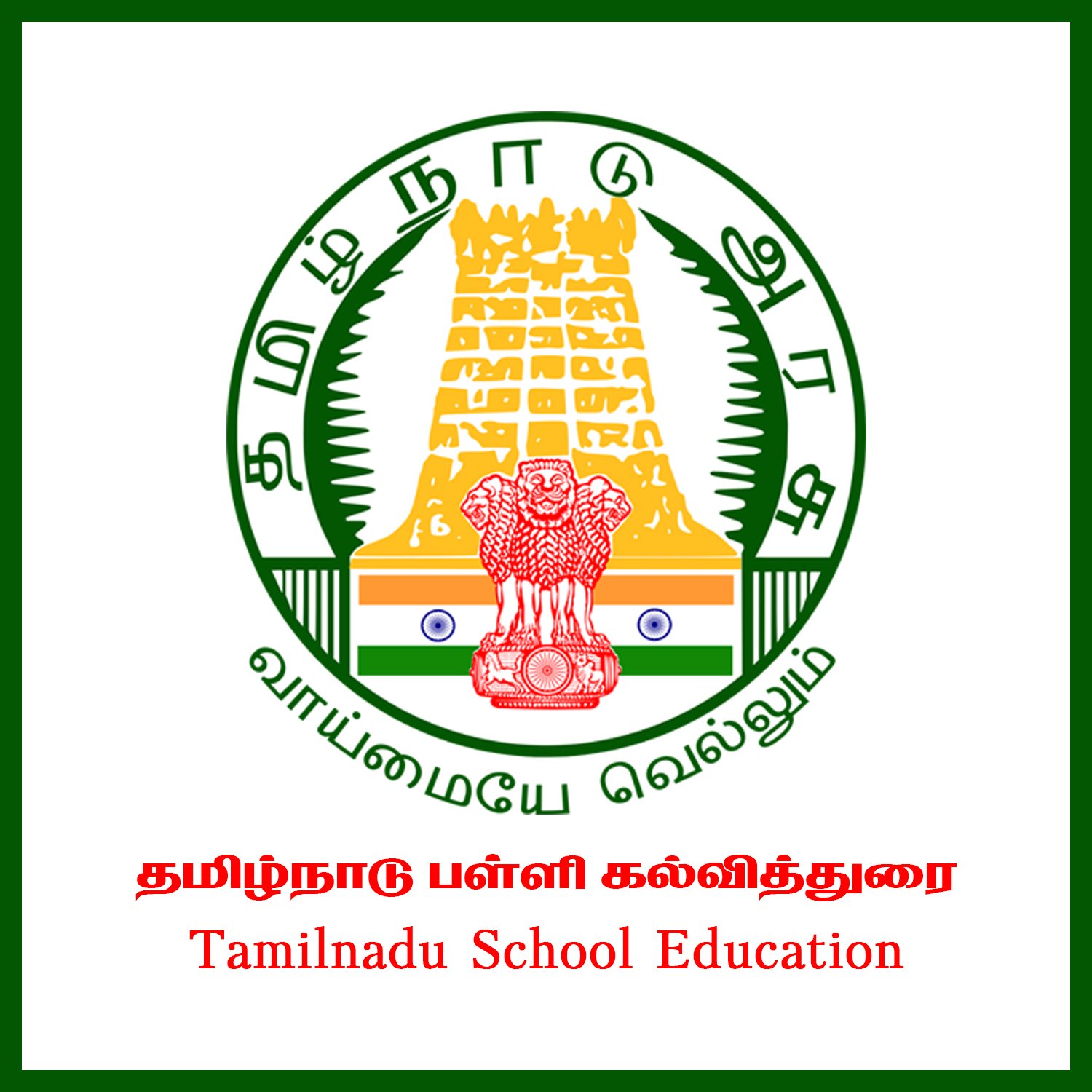

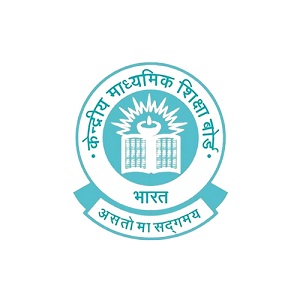
 12th Standard History Syllabus
12th Standard History Syllabus  12th Standard History Study Materials
12th Standard History Study Materials 12th Standard History MCQ Practise Tests
12th Standard History MCQ Practise Tests 

Reviews & Comments about 12th Standard History English Medium Important 1 Mark Book Back Questions (New Syllabus) 2020
Write your Comment